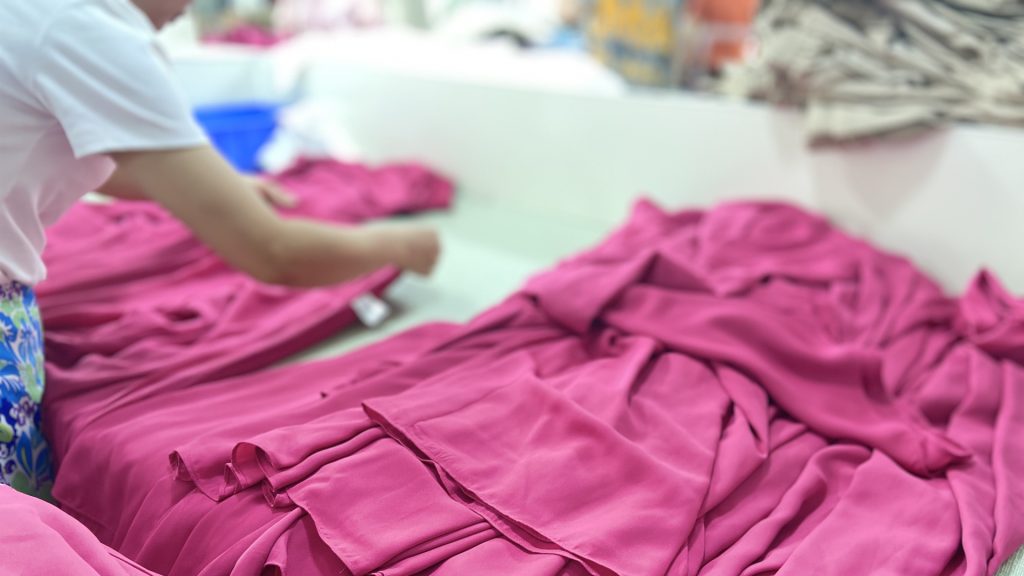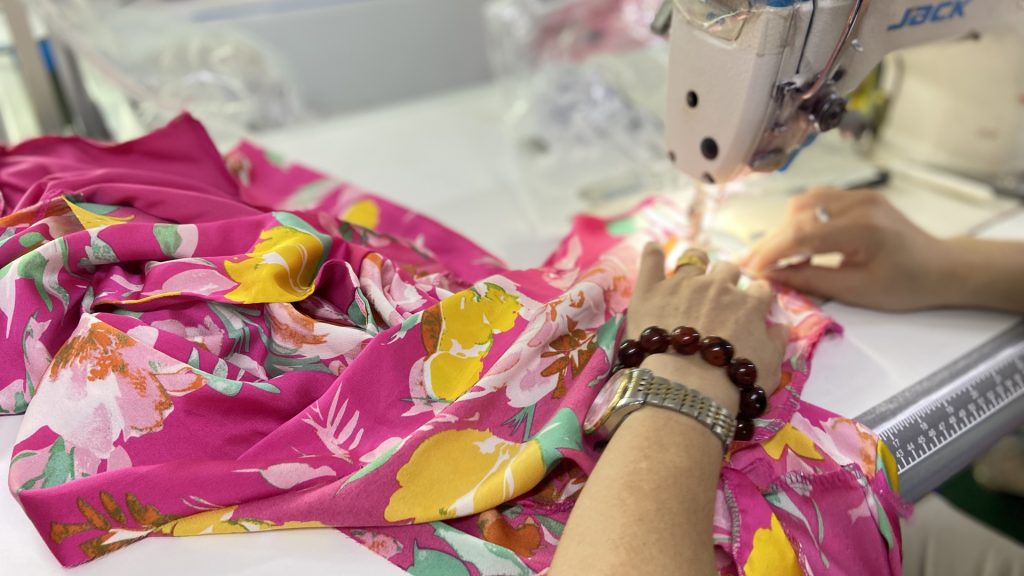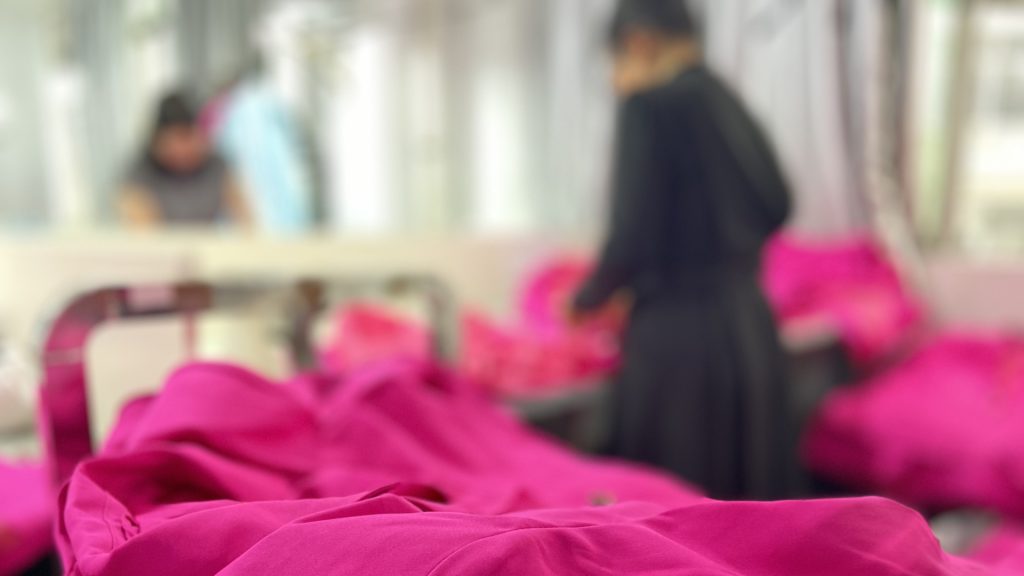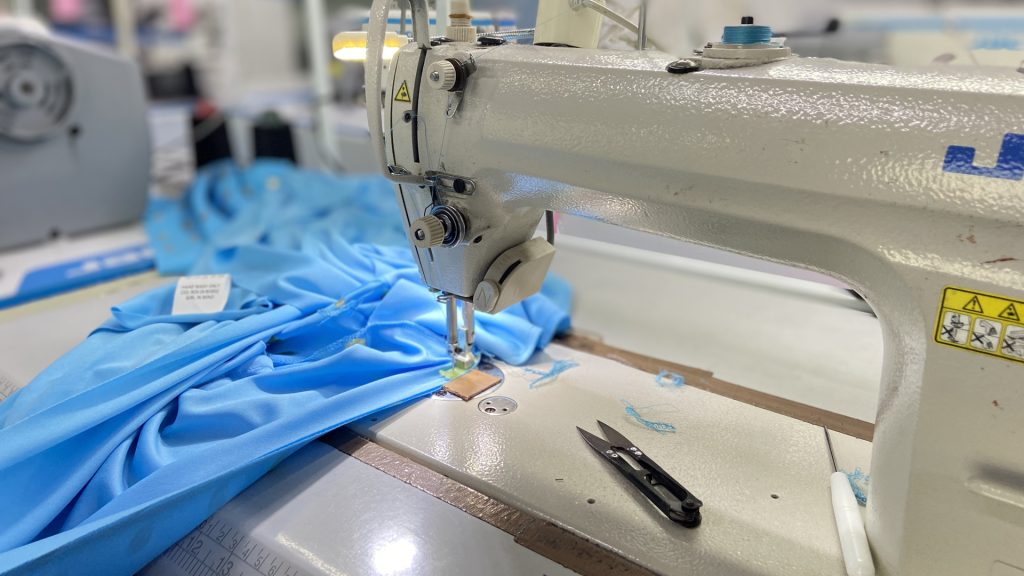Sustainable Practices in Modern Garment Manufacturing: Going Green in Fashion
As concerns about the environment and ethical production methods rise, so does the demand for transparency in the fashion industry. Today’s discerning consumers not only want stylish, high-quality garments but they also desire assurance that their favorite pieces have been crafted responsibly. This shift in consumer sentiment pushes clothing manufacturers to rethink and refine their strategies. In this exploration, we will delve into the green initiatives reshaping garment manufacturing.

The Eco-friendly Fashion Design Process
The journey to a sustainable garment begins at the design phase. Forward-thinking fashion designers are increasingly choosing eco-friendly materials, such as organic cotton, recycled polyester, and Tencel. By opting for these materials, the fashion design process becomes not just about aesthetics but also about the planet’s well-being.

Water Conservation Techniques in Garment Manufacturing
One of the most significant environmental challenges faced by clothing manufacturers is the vast amounts of water traditionally required in production processes, especially in dyeing and finishing. Modern facilities are now employing water recycling systems and low-water dyeing techniques, drastically reducing water consumption.
Energy-Efficient Manufacturing
The garment manufacturing process has historically been energy-intensive. However, with the introduction of solar-powered factories and energy-efficient machinery, there’s been a marked reduction in energy consumption. Such steps not only decrease operational costs but also significantly lower the carbon footprint of each garment produced.
Waste Reduction and Recycling Initiatives
In the past, off-cuts and defective garments were often discarded, contributing to significant waste. Presently, clothing manufacturers are adopting innovative methods to reduce waste, such as optimizing patterns to minimize off-cuts and recycling fabric scraps to create new products. Moreover, defective items are frequently repurposed or upcycled, ensuring minimal wastage.
Sustainable Packaging: Beyond the Garment
The sustainability journey doesn’t end once the garment is made. Clothing manufacturers are increasingly opting for biodegradable or recyclable packaging, moving away from single-use plastics. This shift ensures that the entire product journey, from production to delivery, remains environmentally friendly.

Sustainable practices in garment manufacturing are more than just a trend – they signify a much-needed shift towards responsible and ethical production. As clothing manufacturers worldwide embrace these eco-friendly initiatives, the fashion industry stands poised to not only meet consumer demands but to also play a pivotal role in global conservation efforts. Future-focused, sustainable strategies in fashion design and production herald a brighter, greener future for all.
kno102023-08
Google: D&J Fashion Manufacturer
Leave us a Google Review
Facebook: dnjfashionofficial
Instagram: dnj_fashion_official
Linkedin: D&J Garment Manufacturing and Supply Chain
Pinterest: dnjfashion
Youtube: @dnjfashion_official
Tik Tok: @dnj_fashion

